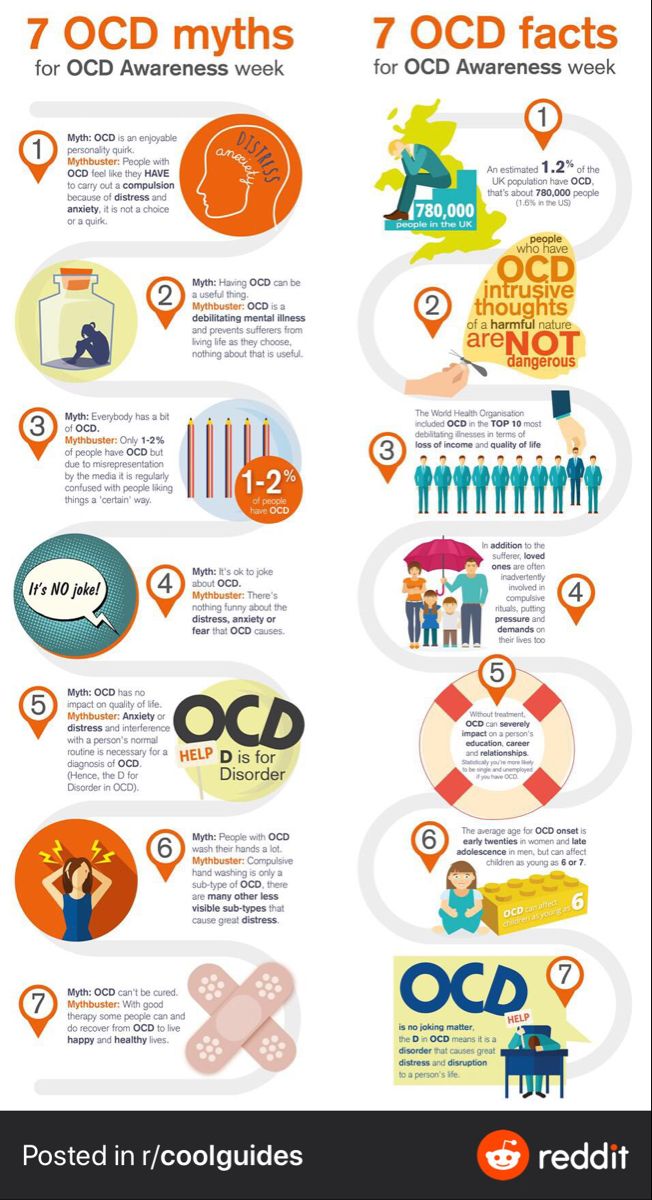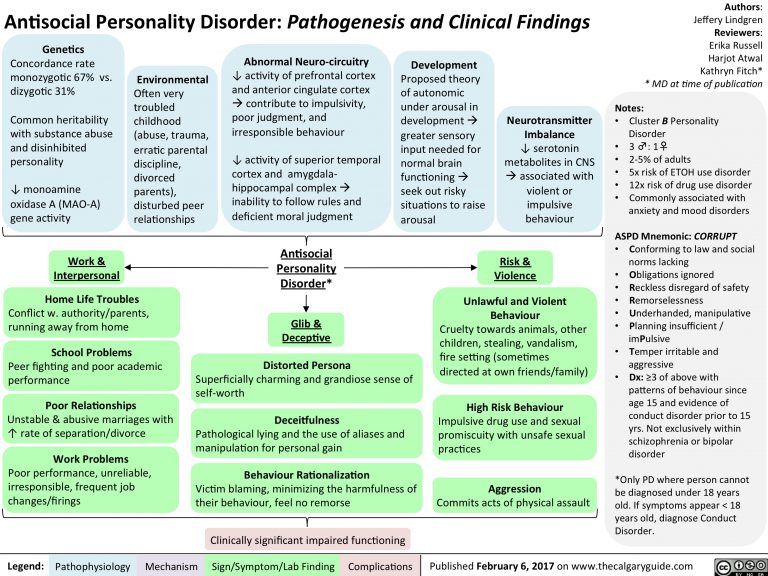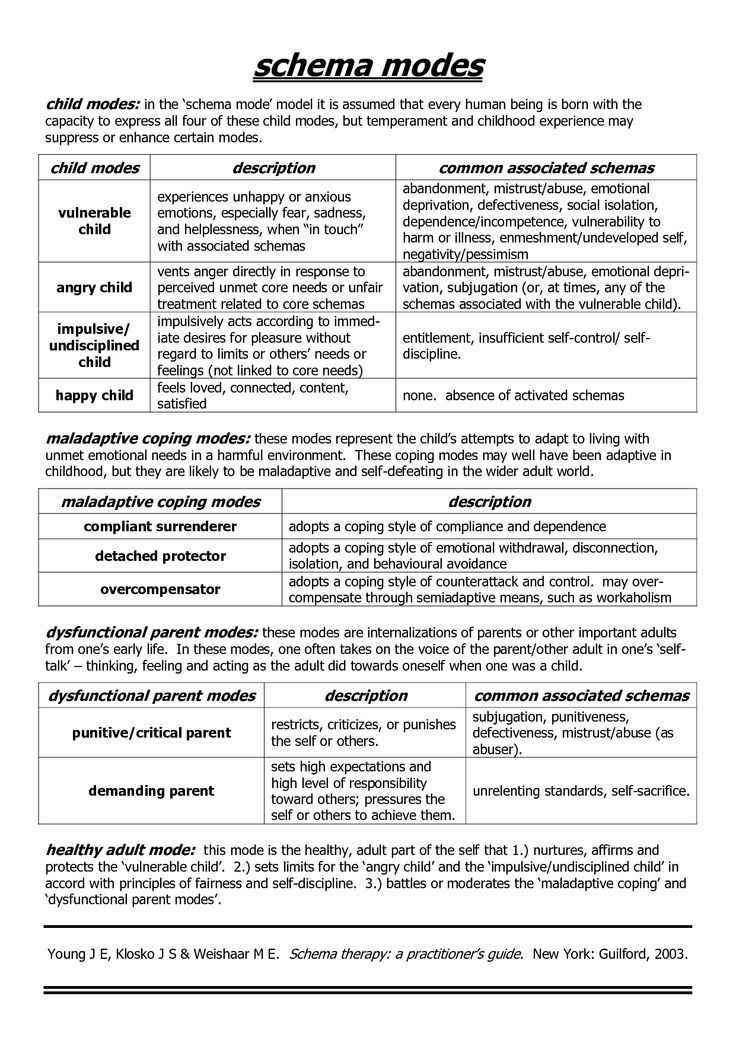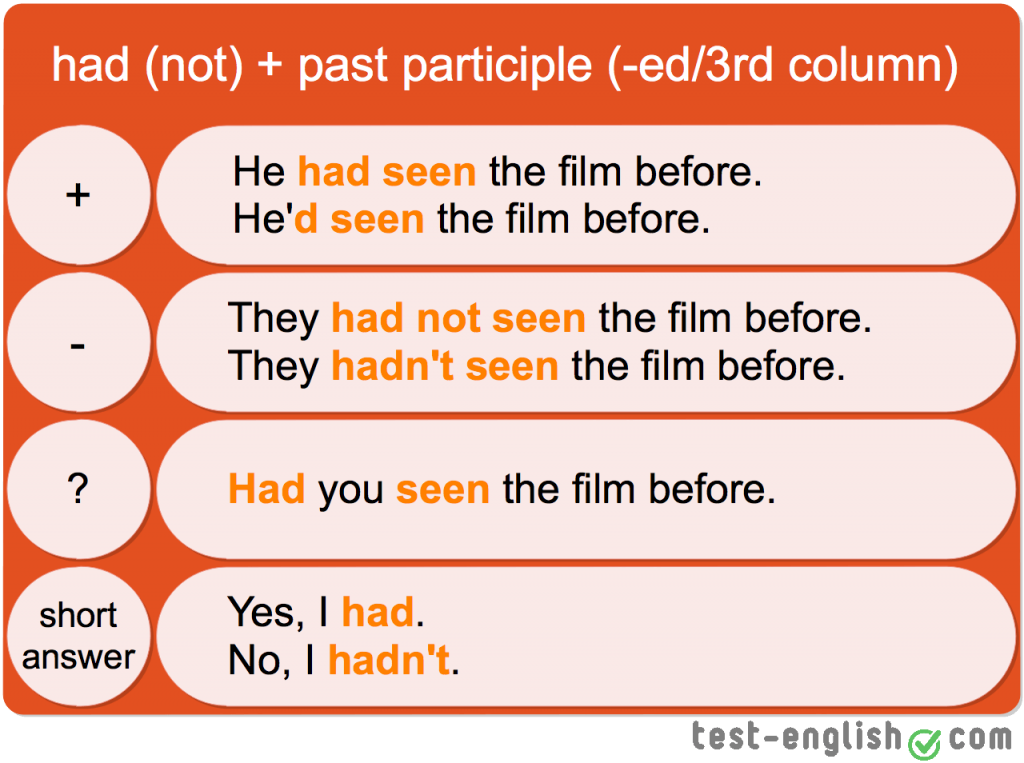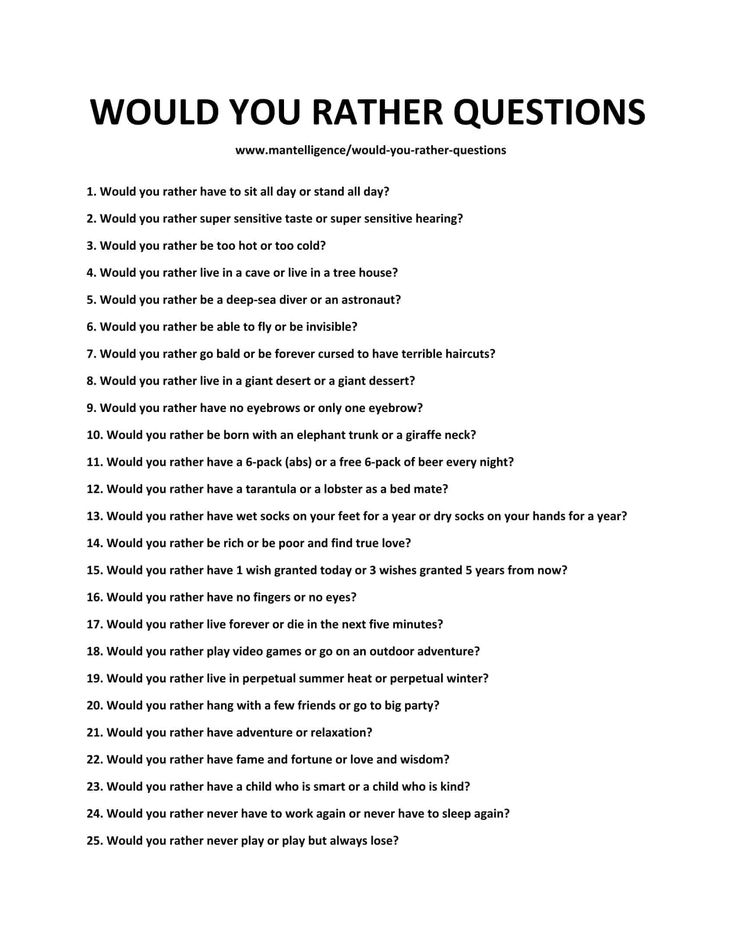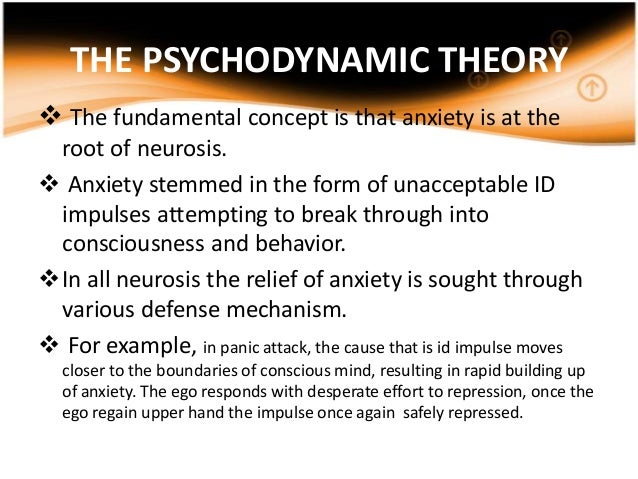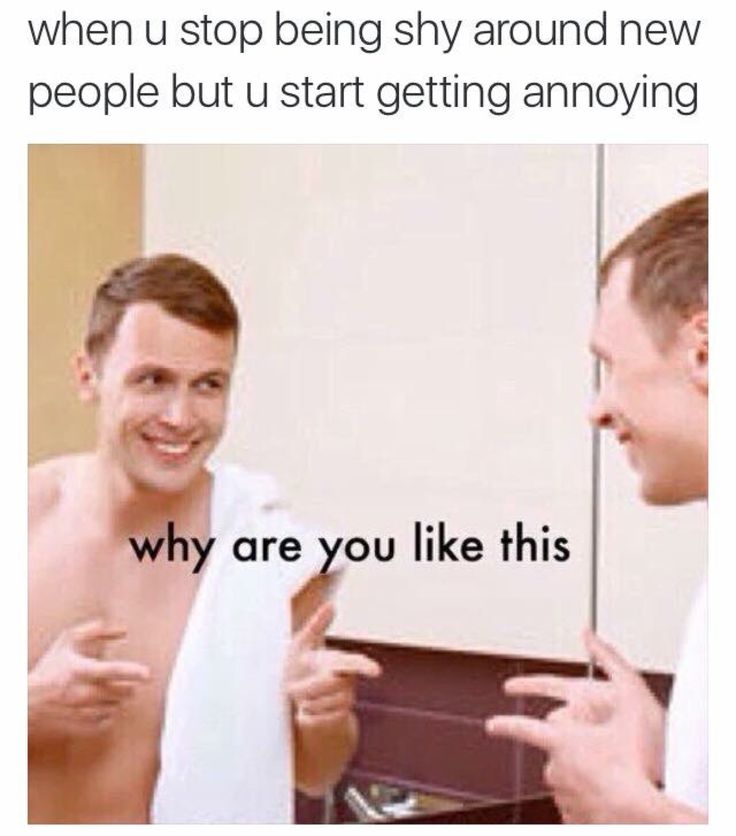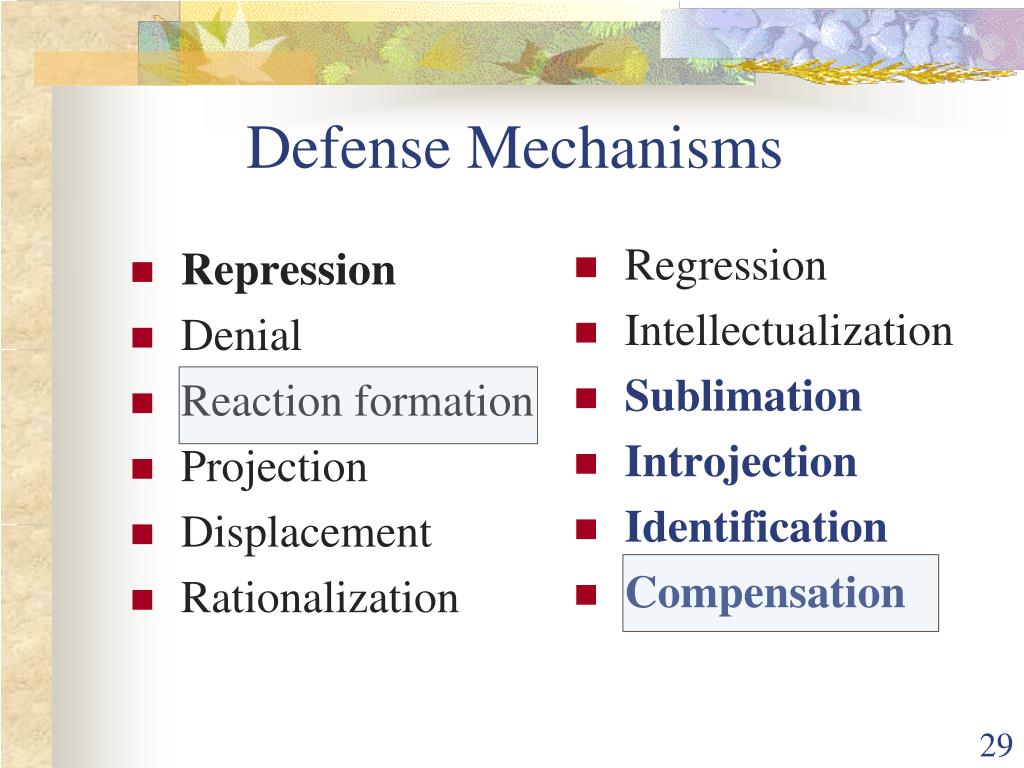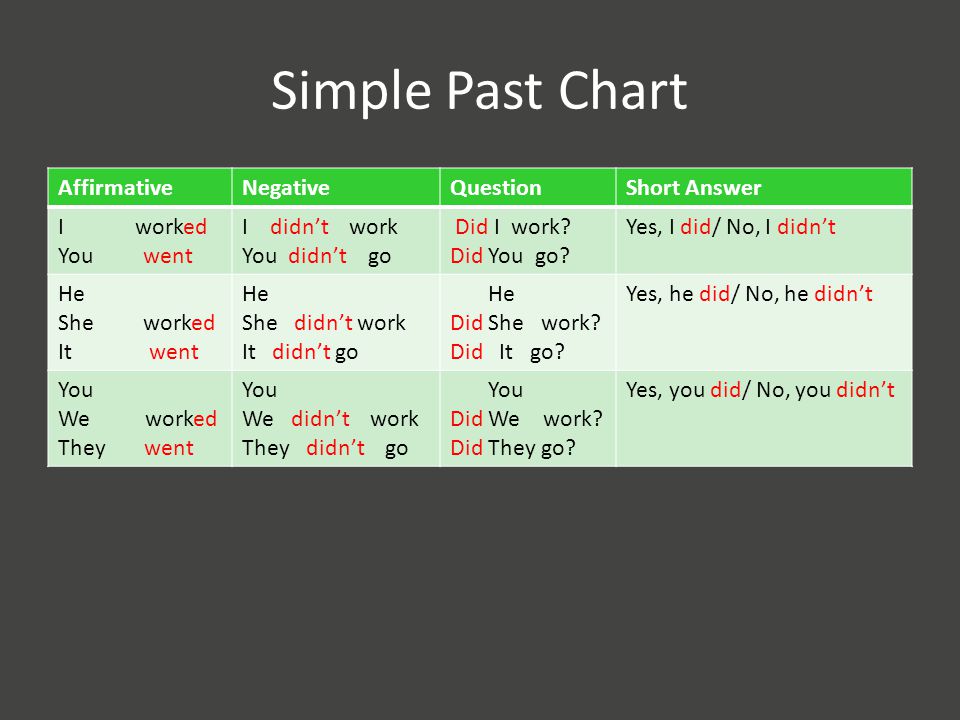Can reading help with anxiety
Does Reading Help Anxiety and Mental Health?
Reading can foster connection and empathy, while helping people with anxiety feel less isolated and more engaged.
Have you ever recognized yourself in a book you are reading — whether in a character or situation — and thought, “wow, I’m not the only one?”
It is a powerful moment, and one that might be helpful in treating some mental health conditions, like anxiety and depression.
Some mental health conditions, like depression and anxiety, might make you feel more “in your head.” This might cause you to feel isolated, perhaps believing that you’re the only one who feels like you do.
This unique feeling of isolation can make treating conditions like anxiety more complicated.
Isolation may also be a cause of anxiety and depression, like what many experienced during the COVID-19 pandemic.
Reading books can be beneficial for your mental health. When you read, you can recreate a feeling of social engagement, including identifying with people and finding common ground with others.
Because of this, bibliotherapy, or book therapy, emerged as a potentially powerful tool for helping people with anxiety and depression.
Bibliotherapy
Bibliotherapy uses reading, dissecting, and discussing books in a structured setting to improve mental health.
According to findings from a 2021 research review, bibliotherapy may be beneficial for treating:
- anxiety
- depression
- sleep disorders
- burnout
You don’t have to engage in formal bibliotherapy with a therapist to reap the mental health benefits of reading a good book. Simply reading for leisure can be helpful for self-care and your mental wellness.
Even in remote areas, reading and bibliotherapy are generally accessible with:
- libraries
- low cost or free books
- digital books
Reduces symptoms of anxiety and depression
Reading is good for your mental health, but it may be especially beneficial for symptoms of depression and anxiety.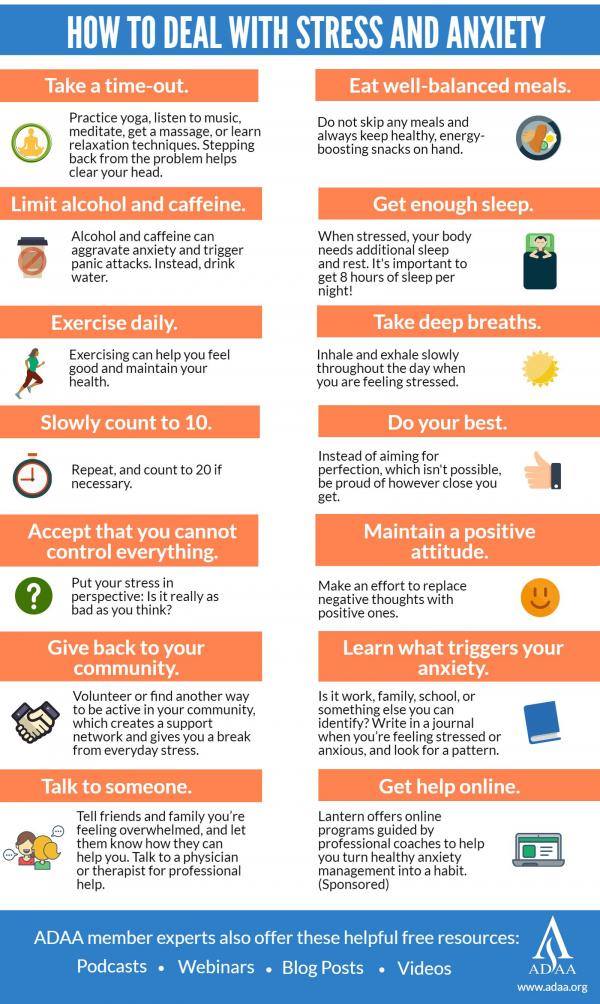
A small 2022 study with Turkish high school students suggested that reading fiction might reduce symptoms of anxiety by promoting awareness of other people’s feelings and improving problem-solving skills.
Participants in the same study reported that reading also mediated symptoms of depression.
Lessens feelings of isolation
When you feel isolated, it might seem like your world “shrank” down to a smaller size. Reading can give you a more holistic sense of your place in the larger world.
Another 2022 study from Japan looked at how reading fiction might help people experiencing hikikomori, a type of social withdrawal spreading across the globe.
According to its findings, participants who read fictional narratives reported feeling less emotional stress and more empathy. However, the study failed to find a connection between fiction and reduced symptoms of depression and anxiety caused by isolation.
Participants in a different small 2022 study with older adults living in nursing homes reported that reading about what was going on in the outside world helped them feel less separate from it.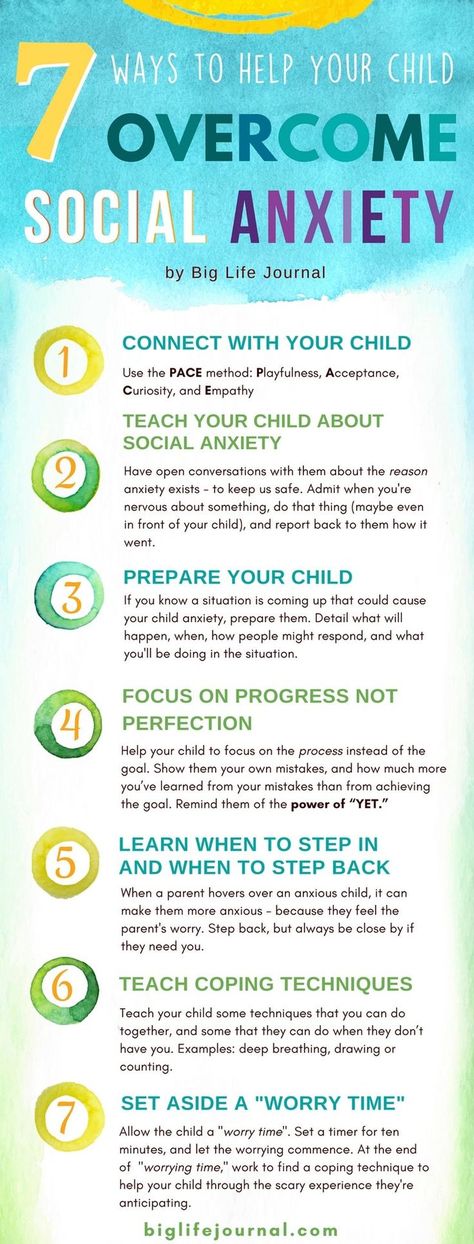
Boosts mood
Diving into a good book can be a great way to boost your mood and build hopeful feelings.
A 2019 study with kids between the ages of 7 and 12 showed a relationship between bibliotherapy and increased feelings of hope. And according to researchers, hope can be a positive predictor of mental health and wellness in children.
Older adults living in nursing homes reported that bibliotherapy lead to feeling more optimistic, according to the small 2022 study above.
Helps children cope with grief
Reading may help people cope with feelings of grief, especially children.
A small 2021 study with young children whose fathers died by suicide indicated that bibliotherapy helped them:
- feel less confused about their fathers’ deaths
- realize that they were not alone
- engage in open communication with the adults in their lives
Reading can provide more than just a relaxing escape in your leisure time.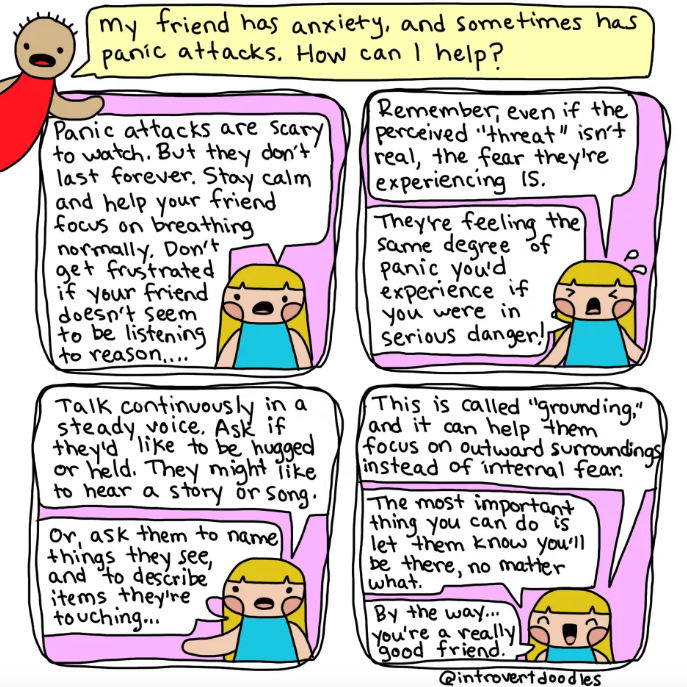 There are many mental health benefits to picking up a good book, especially for people living with anxiety.
There are many mental health benefits to picking up a good book, especially for people living with anxiety.
Research shows that bibliotherapy, or book therapy, may be able to reach people with anxiety in helpful ways.
Reading and discussing stories can:
- help foster empathy
- provide a connection to a bigger community
- increase feelings of hope and optimism for people of all ages
Particularly if you already find reading enjoyable, reading and analyzing a book may seem less like a task and more like a way to relax.
Consider reaching out to a doctor or therapist if symptoms of anxiety interfere with your daily life. Check out Psych Central’s guide to finding mental health support.
Does Reading Help Anxiety and Mental Health?
Reading can foster connection and empathy, while helping people with anxiety feel less isolated and more engaged.
Have you ever recognized yourself in a book you are reading — whether in a character or situation — and thought, “wow, I’m not the only one?”
It is a powerful moment, and one that might be helpful in treating some mental health conditions, like anxiety and depression.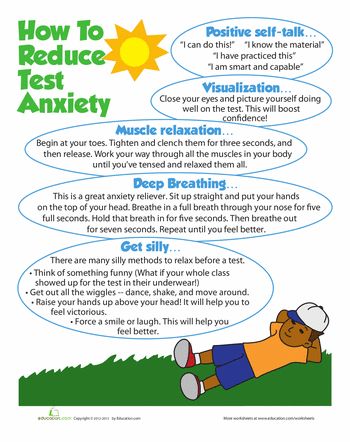
Some mental health conditions, like depression and anxiety, might make you feel more “in your head.” This might cause you to feel isolated, perhaps believing that you’re the only one who feels like you do.
This unique feeling of isolation can make treating conditions like anxiety more complicated.
Isolation may also be a cause of anxiety and depression, like what many experienced during the COVID-19 pandemic.
Reading books can be beneficial for your mental health. When you read, you can recreate a feeling of social engagement, including identifying with people and finding common ground with others.
Because of this, bibliotherapy, or book therapy, emerged as a potentially powerful tool for helping people with anxiety and depression.
Bibliotherapy
Bibliotherapy uses reading, dissecting, and discussing books in a structured setting to improve mental health.
According to findings from a 2021 research review, bibliotherapy may be beneficial for treating:
- anxiety
- depression
- sleep disorders
- burnout
You don’t have to engage in formal bibliotherapy with a therapist to reap the mental health benefits of reading a good book. Simply reading for leisure can be helpful for self-care and your mental wellness.
Simply reading for leisure can be helpful for self-care and your mental wellness.
Even in remote areas, reading and bibliotherapy are generally accessible with:
- libraries
- low cost or free books
- digital books
Reduces symptoms of anxiety and depression
Reading is good for your mental health, but it may be especially beneficial for symptoms of depression and anxiety.
A small 2022 study with Turkish high school students suggested that reading fiction might reduce symptoms of anxiety by promoting awareness of other people’s feelings and improving problem-solving skills.
Participants in the same study reported that reading also mediated symptoms of depression.
Lessens feelings of isolation
When you feel isolated, it might seem like your world “shrank” down to a smaller size. Reading can give you a more holistic sense of your place in the larger world.
Another 2022 study from Japan looked at how reading fiction might help people experiencing hikikomori, a type of social withdrawal spreading across the globe.
According to its findings, participants who read fictional narratives reported feeling less emotional stress and more empathy. However, the study failed to find a connection between fiction and reduced symptoms of depression and anxiety caused by isolation.
Participants in a different small 2022 study with older adults living in nursing homes reported that reading about what was going on in the outside world helped them feel less separate from it.
Boosts mood
Diving into a good book can be a great way to boost your mood and build hopeful feelings.
A 2019 study with kids between the ages of 7 and 12 showed a relationship between bibliotherapy and increased feelings of hope. And according to researchers, hope can be a positive predictor of mental health and wellness in children.
Older adults living in nursing homes reported that bibliotherapy lead to feeling more optimistic, according to the small 2022 study above.
Helps children cope with grief
Reading may help people cope with feelings of grief, especially children.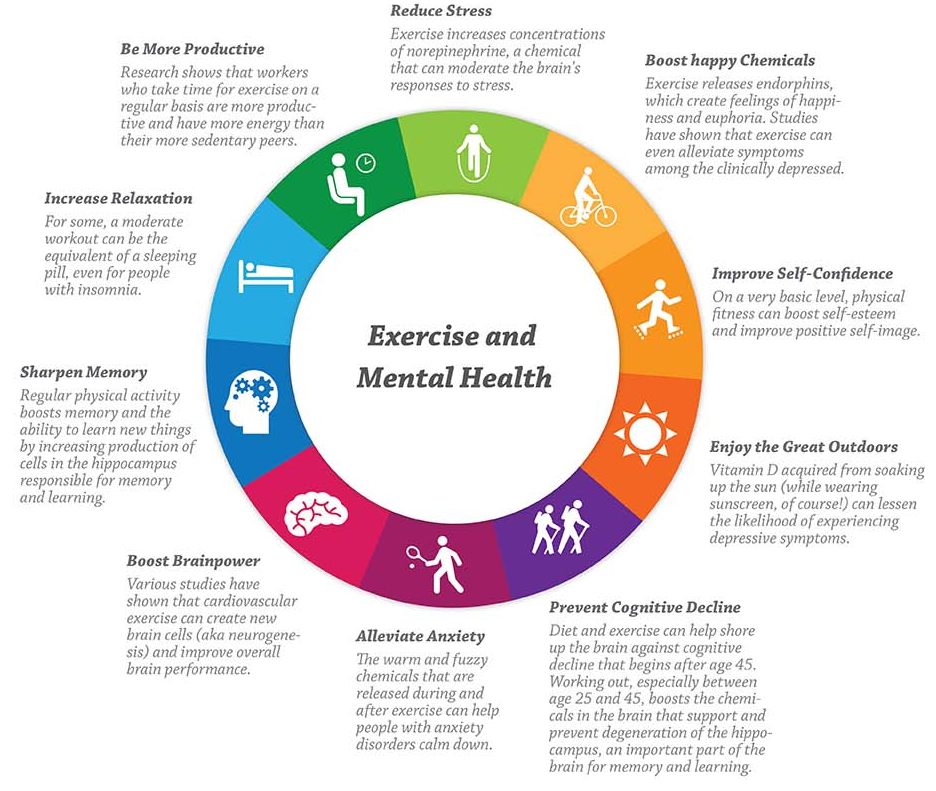
A small 2021 study with young children whose fathers died by suicide indicated that bibliotherapy helped them:
- feel less confused about their fathers’ deaths
- realize that they were not alone
- engage in open communication with the adults in their lives
Reading can provide more than just a relaxing escape in your leisure time. There are many mental health benefits to picking up a good book, especially for people living with anxiety.
Research shows that bibliotherapy, or book therapy, may be able to reach people with anxiety in helpful ways.
Reading and discussing stories can:
- help foster empathy
- provide a connection to a bigger community
- increase feelings of hope and optimism for people of all ages
Particularly if you already find reading enjoyable, reading and analyzing a book may seem less like a task and more like a way to relax.
Consider reaching out to a doctor or therapist if symptoms of anxiety interfere with your daily life.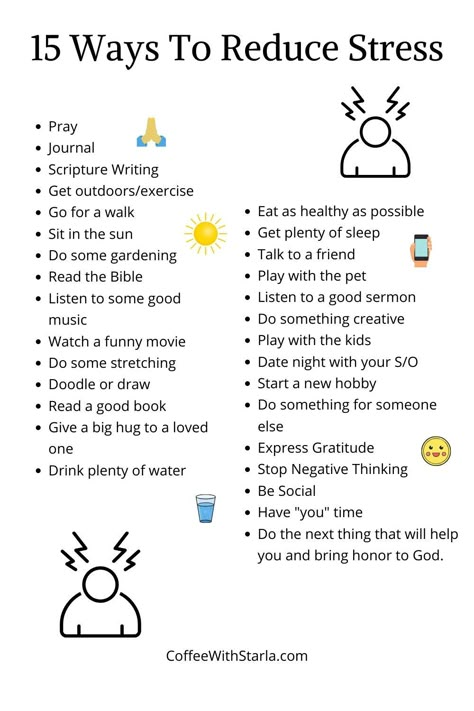 Check out Psych Central’s guide to finding mental health support.
Check out Psych Central’s guide to finding mental health support.
Experts advise limiting news reading to avoid increasing anxiety
February 25, 03:38
MOSCOW, February 25. /Corr. TASS Diana Reshetnyak/. Psychologists advise spending less time on social networks, as well as limiting news reading in order to avoid a critical increase in anxiety due to ongoing events in Ukraine and Russia. If you have constant negative thoughts, your appetite and sleep are disturbed, you should seek professional help, experts told TASS.
Russian President Vladimir Putin said on Thursday morning that in response to an appeal from the leaders of the Donbass republics, he had decided to conduct a special military operation. The Russian leader stressed that Moscow's plans do not include the occupation of Ukrainian territories. The Ministry of Defense of the Russian Federation reported that the Russian military does not strike at the cities of Ukraine, military infrastructure is disabled by high-precision means.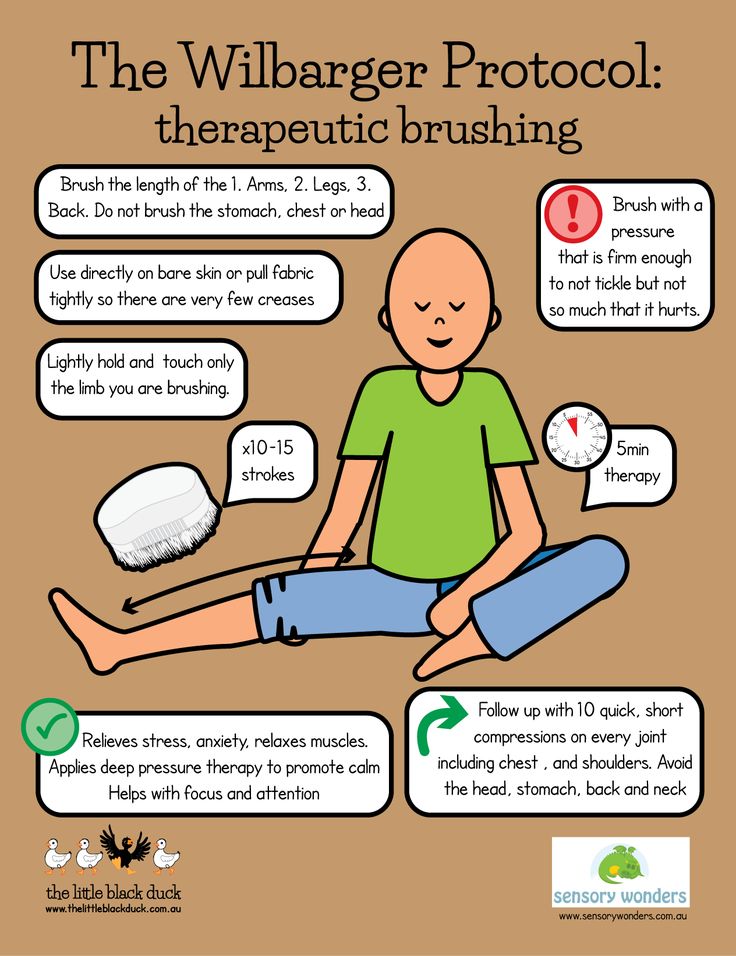 Nothing threatens the civilian population, the department assured.
Nothing threatens the civilian population, the department assured.
"The important thing here is how we let disturbing information in. News and social networks, of course, are not good for us here, because we constantly look there, and some people do not get out of there. Instagram, Facebook and other social networks - if we used to look at funny pictures and find out who has a birthday today, but now from each post, it turns out that a person becomes infected with a lot of anxiety, with which he cannot do anything. It destroys our psyche. We cannot do anything now. There are things , which do not depend on us, therefore it is not worth escalating. We ourselves open the door for this anxiety through the media and social networks, "said Elena Poyarkova, a practicing psychologist.
The specialist advises people with increased levels of anxiety to consume news content and monitor social networks, for example, once in the evening, in order to stay up to date without harm to the psyche.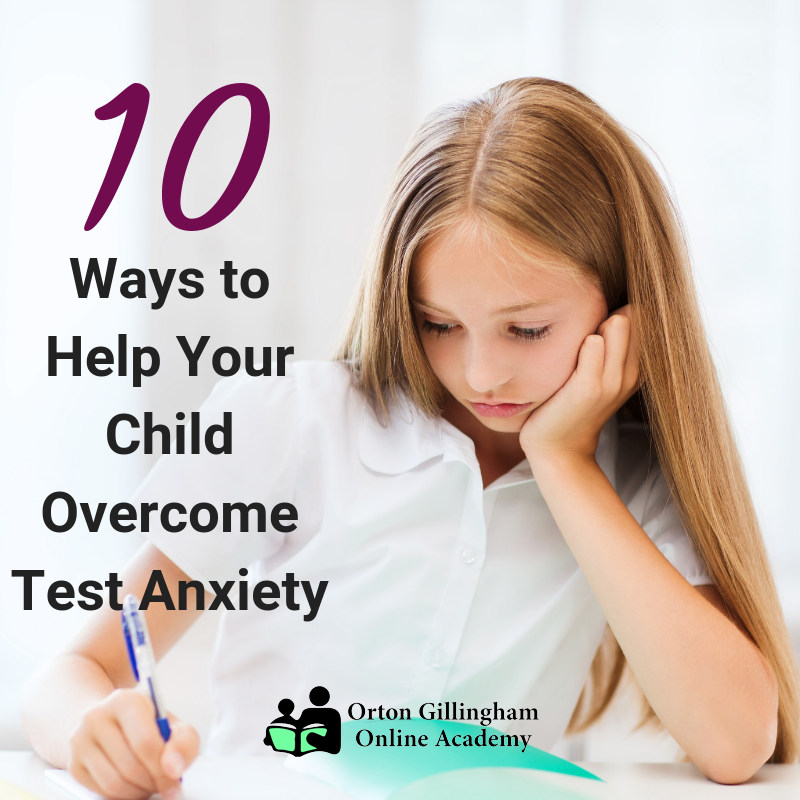 “We need to take care of ourselves. You need to focus not on how to cope with anxiety, but how to prevent it,” Poyarkova explained.
“We need to take care of ourselves. You need to focus not on how to cope with anxiety, but how to prevent it,” Poyarkova explained.
Anna Portnova, a psychiatrist, Doctor of Medicine, also advises to protect yourself from an excessive flow of news in the media and social networks. In addition, she advises to direct your attention to loved ones, work and everyday tasks, so as not to waste emotions on experiences.
"In a situation where we cannot influence her in any way, it is better to pay attention to your loved ones, to solving some everyday issues, to the fact that you need to continue doing work. If you are very worried about news programs, then it is better to protect yourself and their loved ones from watching them," she advises.
Doctor of Psychology, Research Fellow, National Medical Research Center for Psychiatry and Narcology. VP Serbskogo Elena Dozortseva reminds that under any circumstances children remain the most vulnerable group, therefore it is necessary to reduce the time for them to watch TV and stay on the Internet as well. It is necessary to answer their questions regarding what is happening as carefully as possible, without succumbing to negative emotions.
It is necessary to answer their questions regarding what is happening as carefully as possible, without succumbing to negative emotions.
"First of all, we need to pay attention to children now, to limit them from constantly escalating the situation, to give them less opportunity to watch and listen to the news. All this greatly affects the mental state. Let adults think about children first," she believes.
If a person has a permanently high level of anxiety, problems with sleep and appetite, then it is necessary to call the psychological service hotline, advises Portnova.
"When the level of anxiety is very high, you cannot cope with it, it is constant, sleep is disturbed, appetite is disturbed, it is difficult to concentrate, constant catastrophic thoughts from which it is impossible to distract yourself - it is better to call the helpline of one of the psychological services and discuss with a specialist, how serious your condition is, whether you need professional psychological or psychometric help," she said.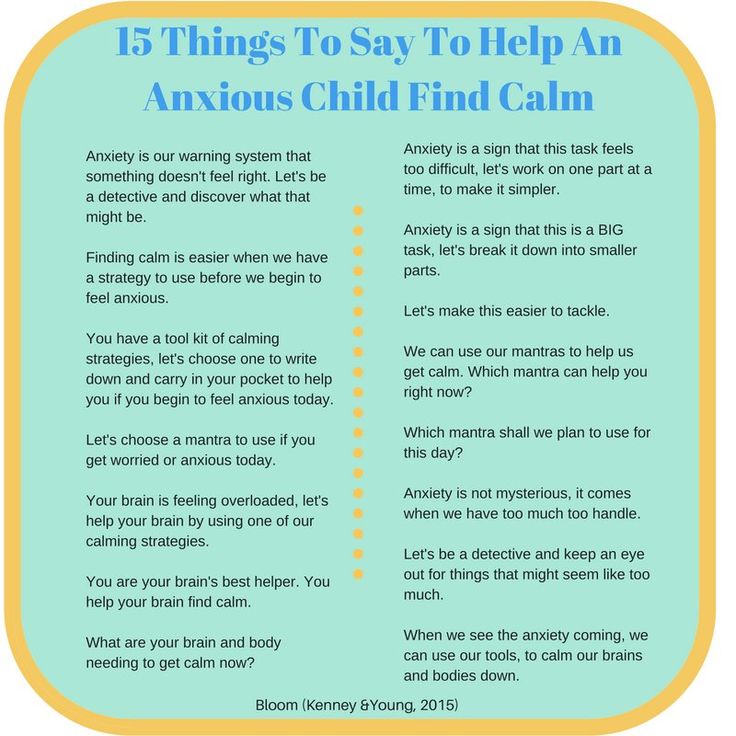
Tags:
Russia
how not to go crazy with bad news - T&P
Too much negative information in the media, world catastrophes, troubles at work, personal problems or the potential threat of nuclear war - every day we have thousands of reasons constantly live in tension. The Cut has collected expert advice on how to deal with permanent stress and try to live until the end of the year (in your right mind). "Theories and Practices" retells the main recommendations.
Accept our anxiety
When we are nervous, we often try to control our emotions. This can be expressed in many ways: for example, some people bite their nails or grind their teeth. If you remain in this state for a long time, it can be physically exhausting and lead to various diseases. So the first step is to recognize your anxiety. According to medical hypnosis specialist and life coach Alexandra Gianelli, the sooner we accept that, yes, it is stress, the more effective our struggle will be.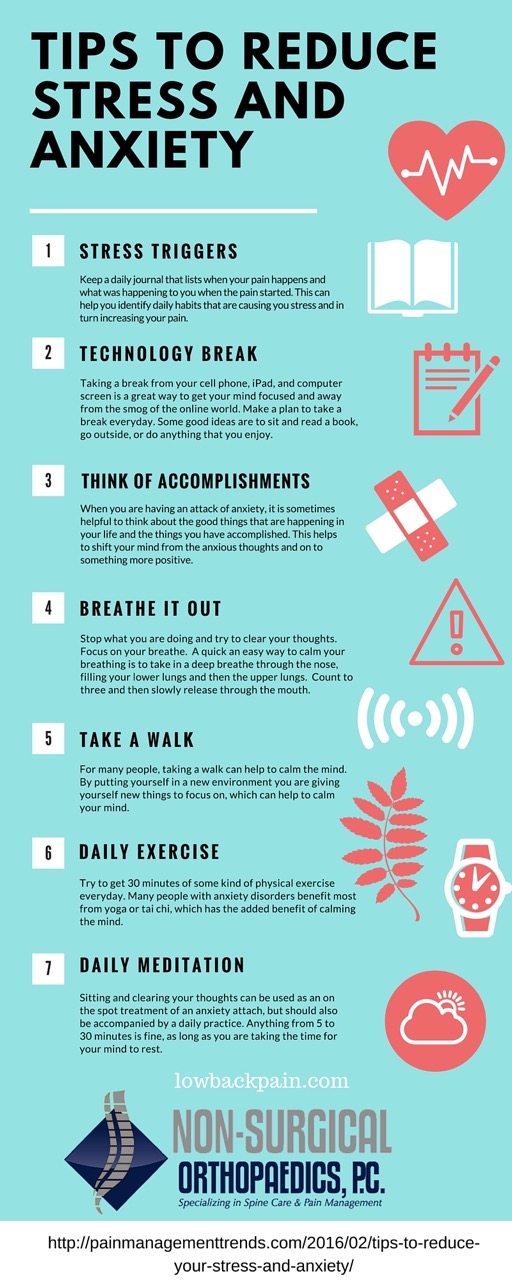
Limit news viewing
Uncontrolled information flow can negatively affect our mood. “Choose a reliable news source that is not sensationalist and that suits you. Refer to him as infrequently as possible and preferably at the set time, ”advises Harold Koenigsberg, professor of psychiatry at the Icahn School of Medicine in the center of Mount Sinai (New York).
Making time for silence
The fact that people today are constantly updating their feeds and following the news closely is understandable: in this way we try not to lose vigilance, which is necessary in order to survive. But an excess of noise and visual images can lead to overexcitation and a depressive state. “Set aside a few minutes before bed or after waking up just to sit and breathe. It doesn't have to be a full meditation, but breathing in deeply, pausing a little, and exhaling more consciously will help both body and spirit,” recommends Dr. Pilar Jennings.
Write down pleasant experiences
(so as not to forget)
Before going to bed, it is useful to write down in a separate notebook a couple of pleasant incidents that happened to us during the day.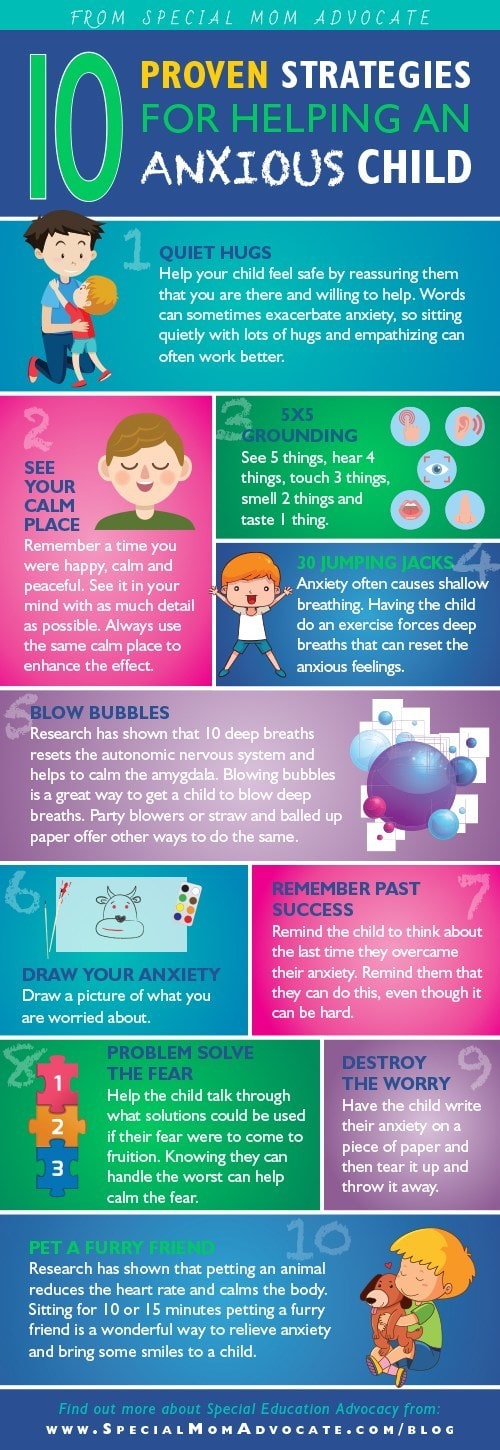 Psychotherapist and relationship expert Gilda Karl believes that this helps fight dark thoughts: no matter what happens around, we need to keep in mind that in the evening we will remember only positive moments and fall asleep with a smile.
Psychotherapist and relationship expert Gilda Karl believes that this helps fight dark thoughts: no matter what happens around, we need to keep in mind that in the evening we will remember only positive moments and fall asleep with a smile.
© Robert Ek
Do not abuse alcohol
“In moments of stress, people often try to save themselves with drinks, but alcohol can only help to cope with anxiety for a short time,” recalls the head physician of the Ria Health rehabilitation center, John Mendelsohn, and advises looking for more reliable and safer ways for health.
Abuse of laughter
A sense of humor is the key to survival, and not only in terms of emotions. Researchers note that laughter reduces stress, helps control pain, and lowers blood pressure. Also, when we laugh, our body is better saturated with oxygen. “Laughter strengthens us from within, physically and emotionally,” says Dr. Susan Kuzmarsky.
Give Aromatherapy a Chance
To avoid stress, take a few minutes a day to relax.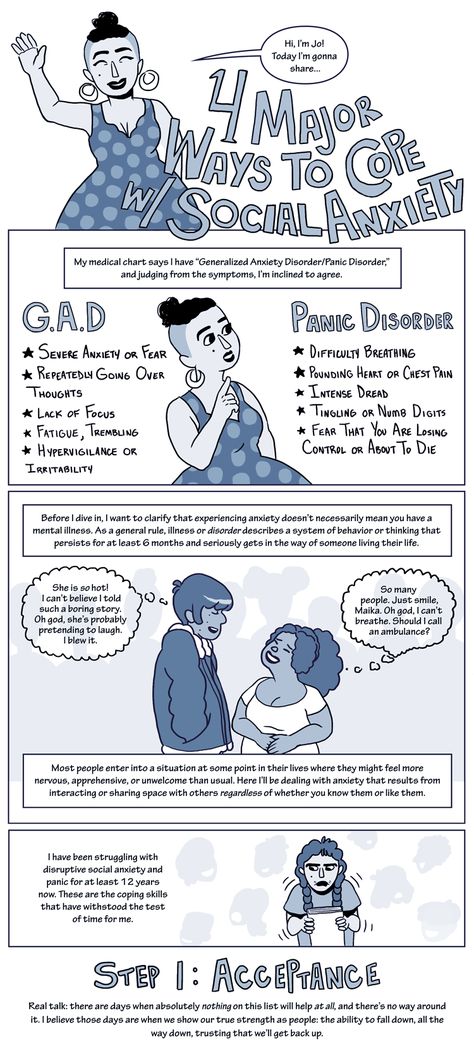 In this sense, for example, the chief psychologist at the Caron Treatment Centers, Michelle Pole, argues as follows: “Essential oils, through the sense of smell, affect our subconscious, which leads to a powerful emotional reaction. And although opinions about aromatherapy are quite controversial, I think that any positive effect (even if it is a placebo effect) is already good.
In this sense, for example, the chief psychologist at the Caron Treatment Centers, Michelle Pole, argues as follows: “Essential oils, through the sense of smell, affect our subconscious, which leads to a powerful emotional reaction. And although opinions about aromatherapy are quite controversial, I think that any positive effect (even if it is a placebo effect) is already good.
Do not be afraid to contact specialists
Anxiety is a normal reaction to stressful situations. In this way, the body gives us a signal that we need to be prepared, just in case, in order to fight back if necessary. But it's important to see the difference between anxiety and anxiety disorder, which is a serious medical condition. It is the most common mental disorder in the US and affects about 40 million people. “If a person does not leave the feeling of tension and fear for months, then this disease may be the cause, and there is nothing shameful in going to the doctor,” says Audrey Grass, founder and chairman of the Hope For Depression Research Foundation.